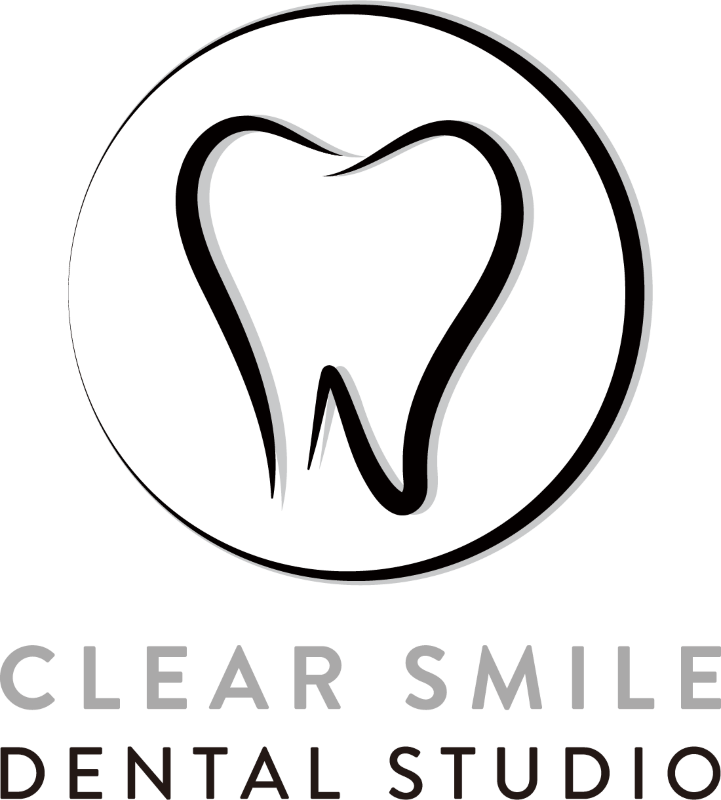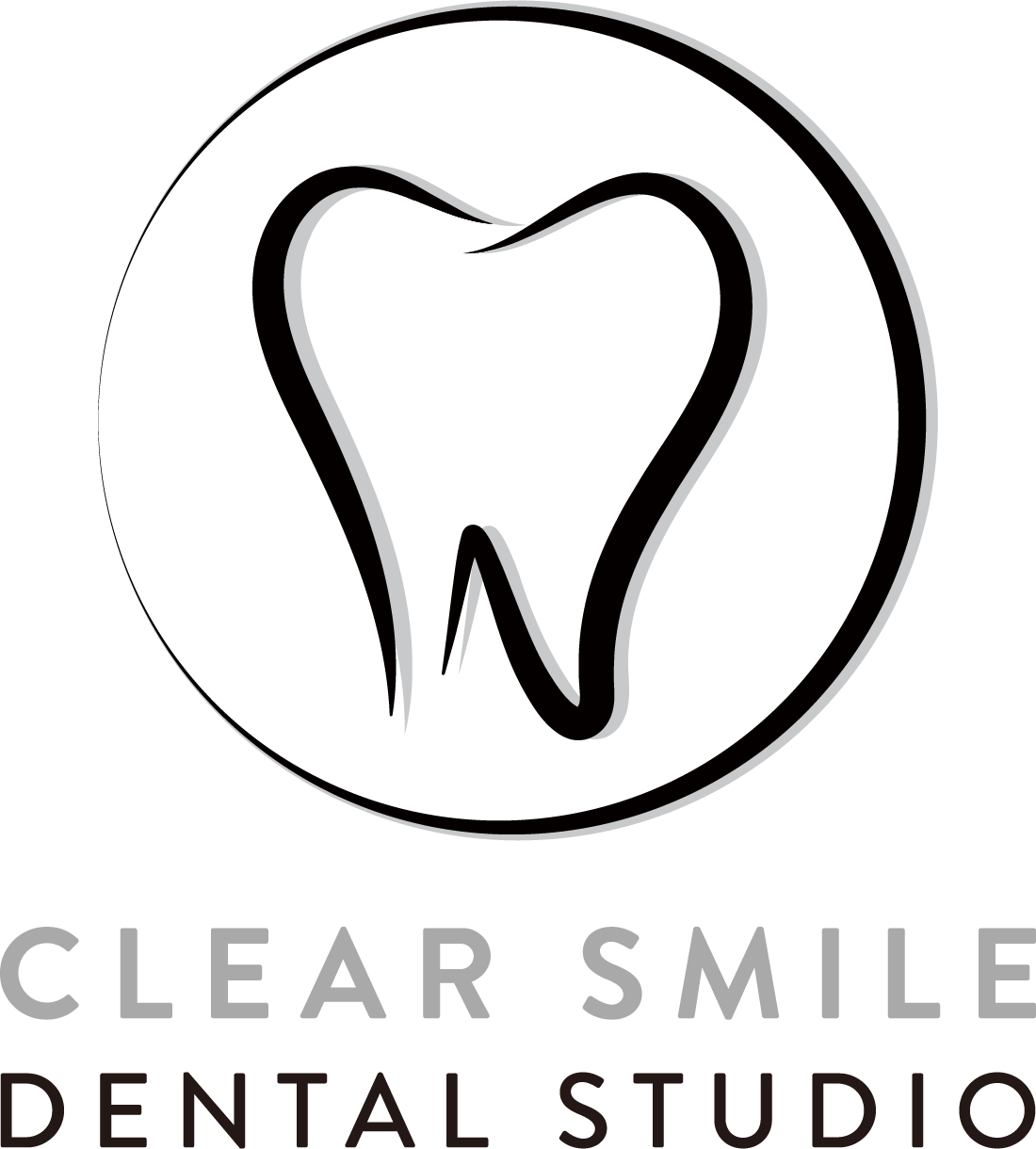DENTAL CROWNS IN STAMFORD

Slide title
Write your caption hereButton
RREPAIR DAMAGED TEETH
If you have a tooth that’s been damaged by tooth decay or oral trauma, a dental crown in Stamford from Dr. Byungchul Park or Dr. Gitae Kwon may be right for you. With a crown, you can cover up the tooth and protect it from further damage, and restore your bite and your smile. Learn more below, or contact us for a consultation.
WHAT ARE
DENTAL CROWNS?
Dental crowns are dental prostheses that are designed to fit over and cover up your entire tooth. First, the tooth will be prepared with a dental drill, and a crown will be built out of a durable porcelain material. This crown will look and feel just like a natural tooth. This crown is bonded permanently to the underlying tooth material, covering it up completely.
This restores the shape, function, and appearance of your tooth, and also helps protect it from further decay or oral injuries. With a crown from our dentists in Stamford, you can quickly restore the beauty of your smile, as well as the natural function of your bite.
WHY CHOOSE DENTAL CROWNS?
WHAT ARE THE BENEFITS OF DENTAL CROWNS?
Dental crowns can improve your smile by covering up a discolored or damaged tooth that is disrupting the aesthetic of your teeth. A crown will also offer protection, durability, and strength to weakened, chipped, or broken teeth so you can chew with your tooth without worrying about breakage.
Without a dental crown, a severely damaged or decayed tooth could become infected and result in tooth loss. Another advantage of dental crowns is that they can hold a broken tooth together to prevent it from falling apart.
Protecting a tooth with a crown is much cheaper, less time-consuming, and less invasive than getting a tooth replacement. Crowns are very versatile and can be used to treat a variety of issues and come in many different materials ranging from highly aesthetic to extremely durable.
Porcelain and ceramic crowns blend in with your natural teeth, giving the appearance of a seamless natural smile, while metal and zirconia crowns can last for up to 20 years.
SIGNS THAT YOU NEED
A DENTAL CROWN
If you have a very large cavity that is not appropriate for treatment with a filling, it’s likely that you will need a dental crown from our Stamford office. Fillings are only appropriate for small-to-medium-sized cavities, as they are not strong enough to repair very damaged teeth.
You may also need a dental crown if one of your teeth has a large chip or crack due to dental trauma or prolonged teeth grinding. While cosmetic treatments like veneers and bonding may be used for slightly-damaged teeth, crowns are required if the damage is deep and could lead to further oral health complications.
WHAT TO EXPECT
THE DENTAL CROWN PROCESS
HOW LONG
DO DENTAL CROWNS LAST?
Dental crowns are built to last. With proper oral hygiene, such as brushing twice a day, flossing once a day, and seeing the Stamford team at Clear Smile Dental Studio for an appointment every 6 months, your crown will likely last anywhere from 10-20 years, with some patients keeping their crowns for an even longer time.
However, if your crown is ever cracked or damaged, it will need to be replaced to protect your oral health. This is one of the reasons that it’s so important to see Dr. Park or Dr. Kwon for a six-month exam. They will check your teeth and your crowns and other dental work to make sure everything looks good, and identify any potential issues early.
UNDERSTANDING COST
ARE DENTAL CROWNS COVERED BY INSURANCE?
Yes, dental crowns fall under major dental work or restorative work that is typically covered by insurance at up to 50% of the cost. However, this comes with some caveats. Dental insurance will only cover dental crowns if they are medically necessary.
Valid reasons would include holding together a broken tooth or protecting a damaged or decayed tooth from further damage. Insurance does not cover cosmetic procedures so if the crown is purely cosmetic, it will not be covered.
Your insurance may also have annual limits and waiting periods that you will need to abide by. Some insurance companies may also only cover certain crown materials. Contact your insurance provider directly to learn more about their policy on crown coverage.
At Clear Smile Dental Studio, we accept most insurance plans and Medicaid. However, if you don’t have insurance, we also offer flexible financing options through CareCredit or Chewsi.
LONGEVITY OF DENTAL CROWNS
HOW MANY TIMES CAN A CROWN BE REPLACED?
A crown will need to be continually replaced because they don’t last forever. With that being said, however, there are instances where you may eventually no longer be able to replace a crown because there is not enough tooth structure to stabilize it.
Crowns last for an average of 5 to 15 years but you may need to replace them sooner if the crown has been damaged, you have receding gums, to fix a cosmetic issue, or you have underlying tooth decay. In most of these cases, you will be able to continually replace the crown without any problem.
However, if you have underlying tooth decay, the decay needs to be drilled out and this means removing more tooth structure than you already had removed before.
If more of the tooth needs to be drilled away each time, there will eventually not be enough support for the crown at all and you may be better suited for a dental implant or bridge. If you need a crown replacement, contact us today to schedule a consultation with Dr. Park or Dr. Kwon.
WHAT ISSUES
CAN DENTAL CROWNS TREAT?
Dental crowns can treat a range of restorative and cosmetic problems with teeth. Crowns can serve as a protective cap for weak teeth, they can hold a broken tooth together to prevent the need for extraction, or they can be part of tooth restorations to replace missing teeth, and they can also be a cosmetic treatment to cover up aesthetic imperfections.
Crowns cover teeth with large fillings because when you’re missing a lot of tooth structure, the tooth is more susceptible to breakage. Before crowns, severely fractured teeth would need to be extracted.
However, crowns can keep the tooth intact by covering it with a durable and stable artificial tooth cap that provides you with the durability needed to chew your food. This prevents the consequences of tooth loss, such as bone loss, facial structure changes, and increased risk of future tooth loss.
HOW DO I CARE
FOR MY DENTAL CROWNS?
Oral Hygiene - Crowns don’t prevent tooth decay or gum disease from developing if you don’t take care of your teeth. They aren’t a substitute for an oral hygiene routine. Daily brushing and flossing is still necessary.Brush with fluoride toothpaste twice a day for at least two minutes and floss at least once a day. This will keep food particles and plaque to a minimum. A tooth that is covered by a crown can develop decay at the gum line and this cavity can spread deeper through the tooth. If you develop decay in a tooth that is covered with a crown, we will need to remove it to treat the decay. Considering crowns can be a costly investment, it’s better to prevent this from happening in the first place.
Prevent Wear and Tear - Crowns can become chipped, cracked, and damaged just like natural teeth, especially if they’re fabricated out of more fragile materials like porcelain or ceramic, which are typically placed in the front teeth. To reduce your risk of damage, avoid chewing on hard foods that can wear down the material or sticky foods that can dislodge the crown. If you grind your teeth, this puts a ton of force on your teeth and restorations which can cause a lot of damage. You need to wear a mouthguard to sleep if you suffer from bruxism. Don’t chew on inanimate objects, fingernails, or ice, or use your teeth to open packages. This can cause accidental damage to crowns and your natural teeth.
Prevent Discoloration - There are a few ways to prevent a buildup of stains on your crowns. The first is abstinence. Avoid staining foods and drinks as much as possible. These are mostly highly pigmented and acidic foods and drinks or ones that contain chromogens, like coffee, tea, soda, berries, and soy sauce. Another way to prevent discoloration is to drink through a straw or rinse your mouth with water after eating and drinking. Since crowns don’t respond to teeth whitening, preventing stains is important. Even stain-resistant materials like porcelain can become discolored over time.
Checkups - To remove plaque and tartar buildup and surface stains, check for oral health problems, and ensure your crowns are in good condition, you should attend regular dental cleanings and checkups every 6 months. Because crowns don’t last forever, your dentist will continually assess your crowns and let you know if and when they need to be replaced. Contact us today to schedule a checkup with one of our dentists.
STAY ON TOP OF YOUR ORAL CARE
STAY ON TOP OF YOUR ORAL CARE
VISIT
Our Office
- Mon, Wed
- -
- Tuesday
- -
- Thursday
- Closed
- Friday
- -
- Saturday
- -
- Sunday
- Closed
Monday:
9:45-6pm
Tuesday:
8:45 - 7:00 pm
Wednesday:
7:45 am - 6:00 pm
Thursday:
Closed
Friday:
9:45 am - 6:00 pm
Saturday:
845 am - 3:00 pm
Sunday:
Closed
Contact Us
We will get back to you as soon as possible.
Please try again later.
VISIT
Our Office
We offer Free Parking on premises!
Monday: 10 am - 6 pm
Tuesday: 10 am - 7 pm
Wednesday: 9 am - 6 pm
Thursday: Closed
Friday: 9 am - 5 pm
Saturday: 9 am - 3 pm
Sunday: Closed



